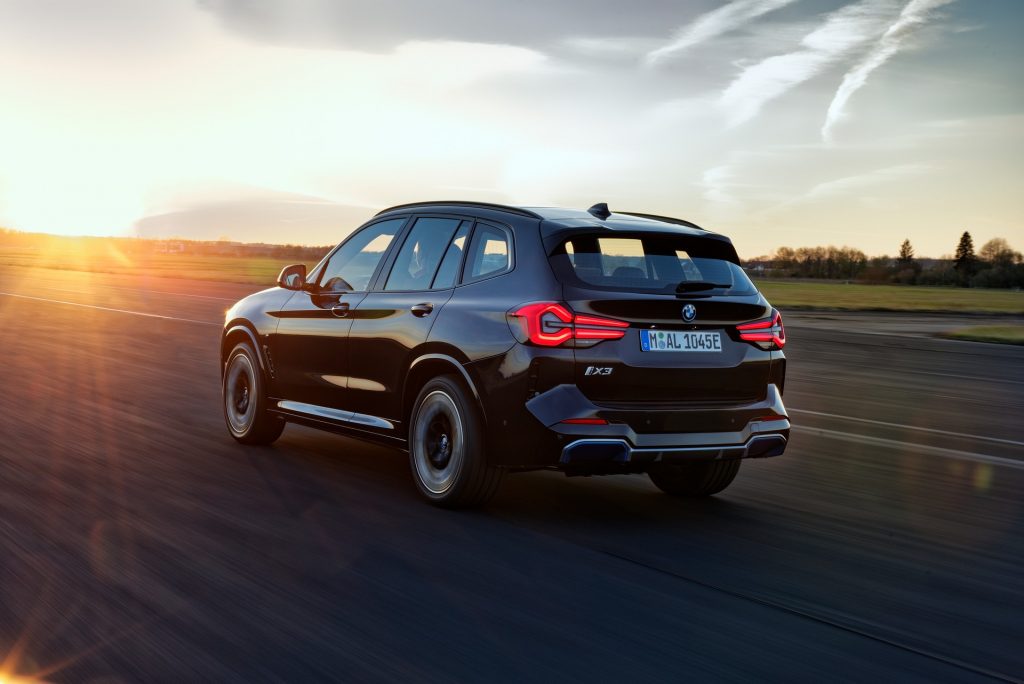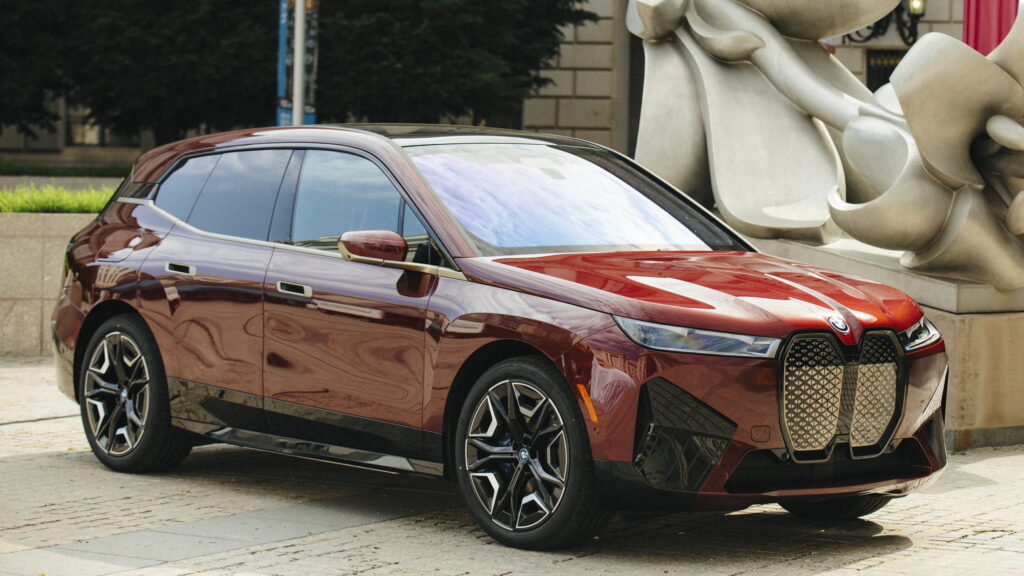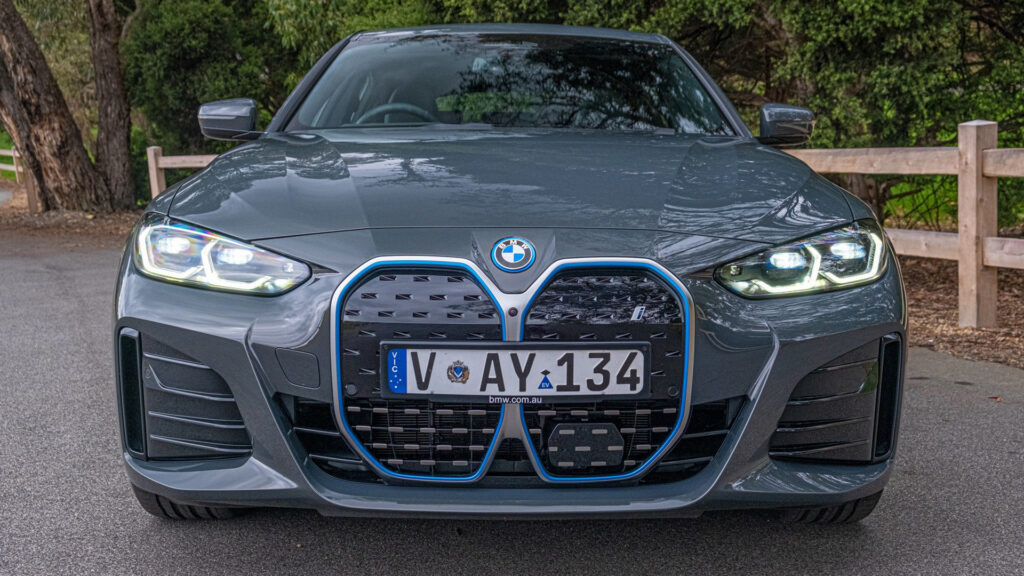BMW says it has no intention of getting involved in a price war thanks to a solid increase in its global sales for both its combustion-powered models and BEVs.
The BMW Group, including the BMW brand itself as well as Mini and Rolls-Royce, delivered 621,699 vehicles in the third quarter of this year. This represents a 5.8% increase from the 587,744 during the same period last year. Sales have also jumped across the entire January – September period, rising 5.1% from 1,747,838 last year to 1,836,563 this year.
It is a similar story when looking specifically at sales of BEVs. The BMW Group sold 93,931 BEVs in the third quarter, a huge 79.6% increase from Q3 2022, meaning they now account for 15.1% of total deliveries. Through the first nine months of this year, BMW sold 246,867 BEVs, a 92.6% increase from 128,195. This charge was led by the BMW brand itself which reported a 119.3% rise in deliveries, translating to 13.4% of total sales from January to September.
Review: 2022 BMW i4 eDrive40 Shows Carmaker Is Serious About EVs

While the sales of BMW’s BEVs are on the rise, the same cannot be said about its plug-in hybrids. In fact, sales of the firm’s PHEVs fell 12.5% in the first nine months of the year from 143,928 units to 125,891 as buyers shifted to fully electric alternatives. Interestingly, sales of Mini’s PHEVs have increased by 13.4% this year from 11,161 units to 12,653.
When asked by Reuters if any price cuts were planned, in particular in China, BMW chief executive Oliver Zipse said no such moves were on the agenda.
“We have no interest in sinking prices to gain market share,” he noted. “That’s not our strategy. And as you can see, we are managing to grow substantially even with very acceptable prices.”




